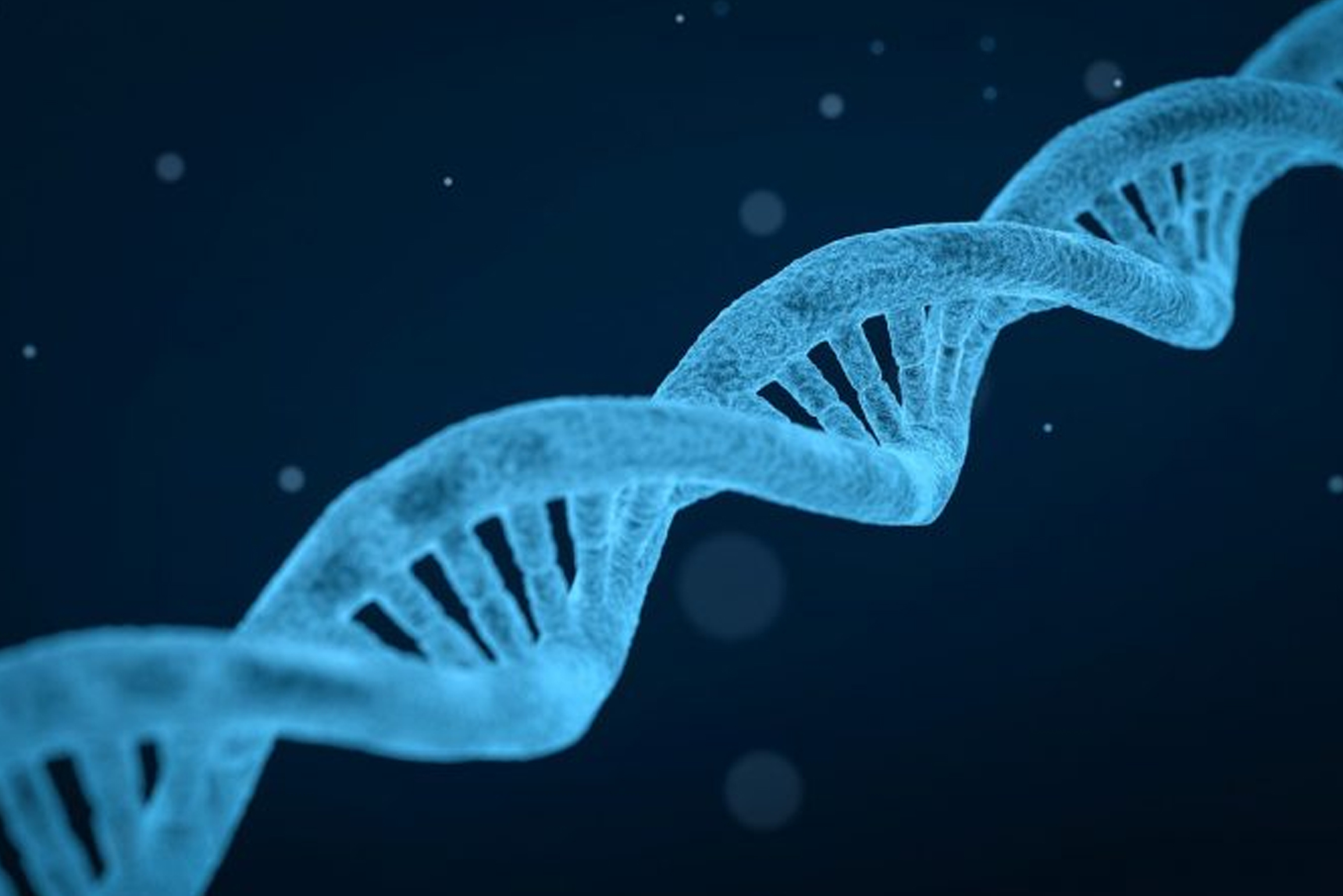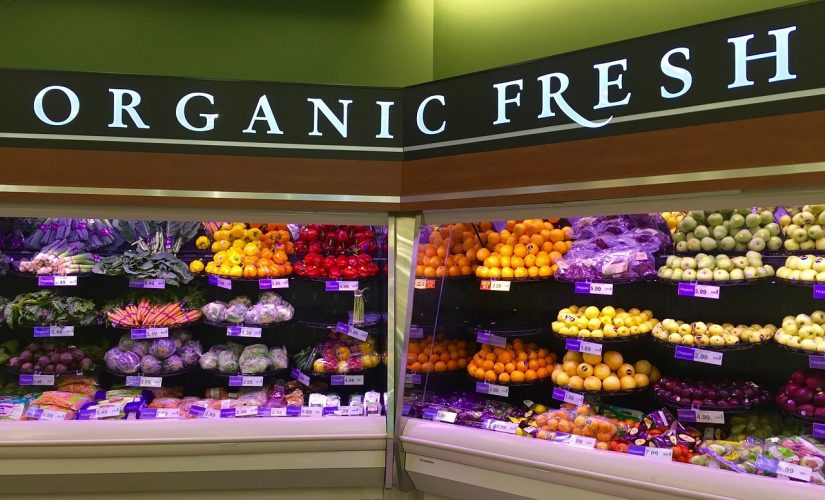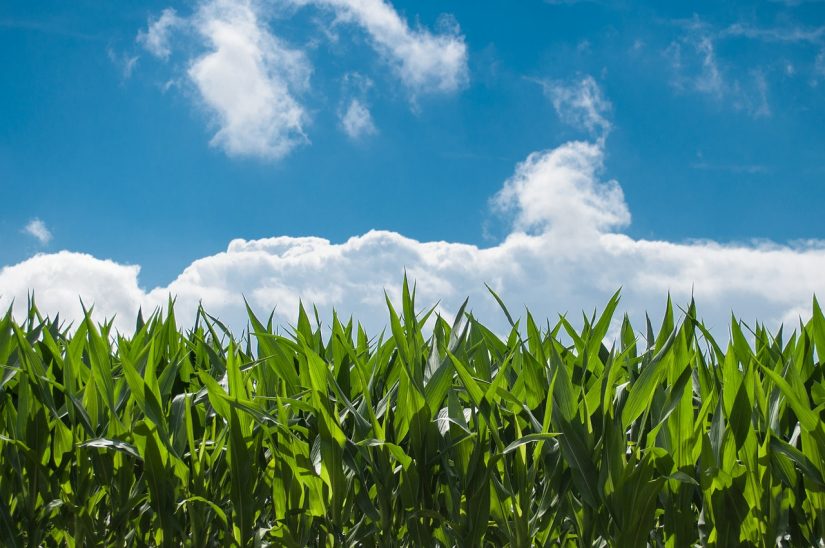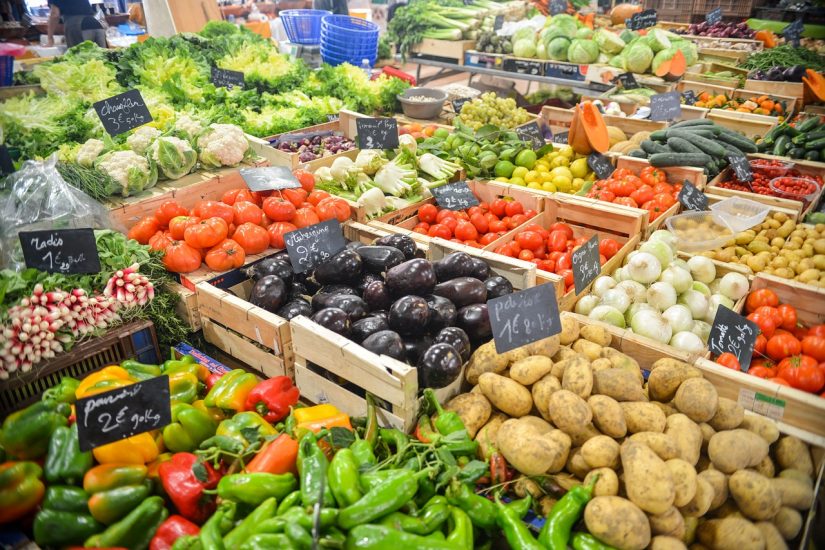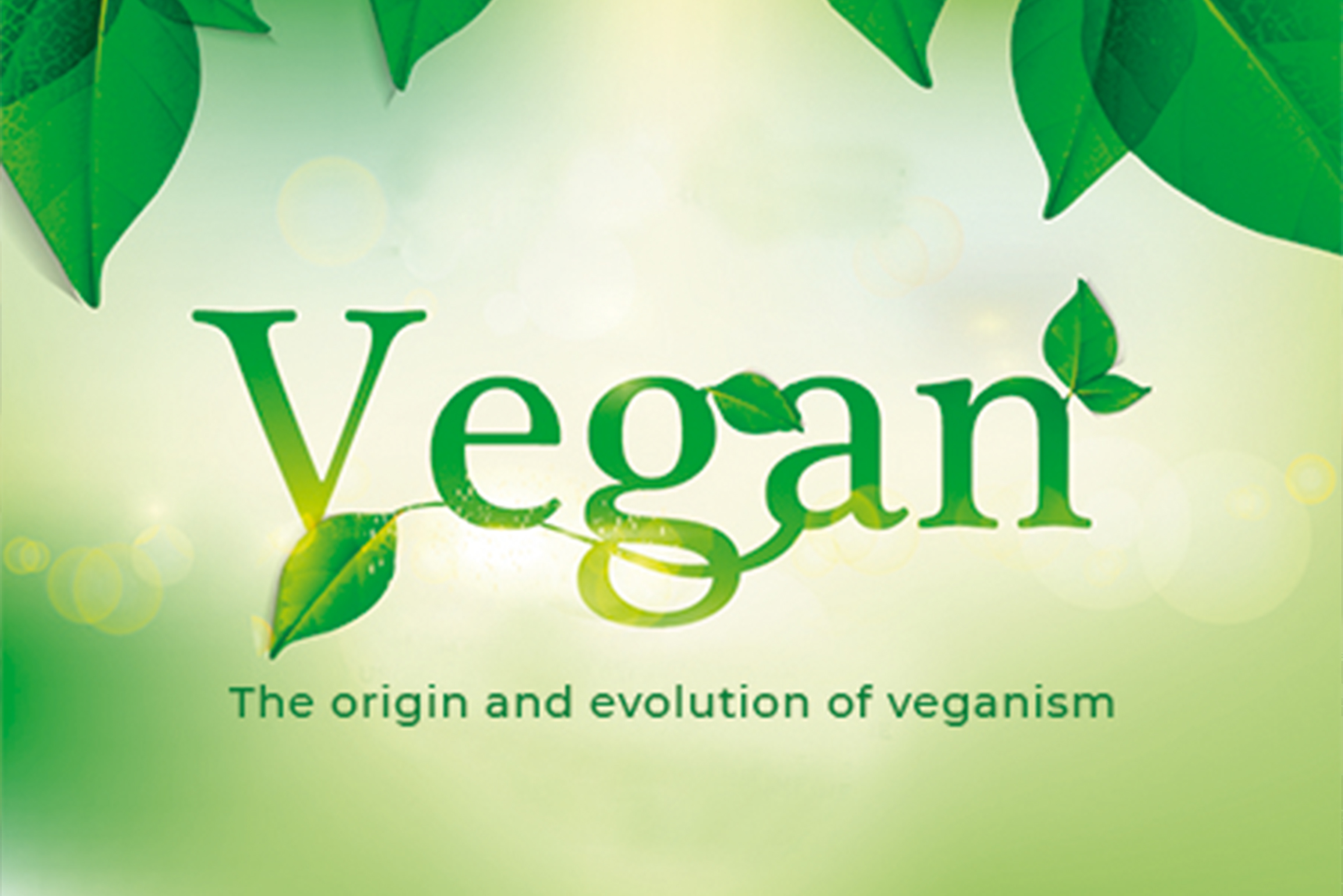What are Genetically Modified Organisms (GMO) or Transgenic?
A genetically modified organism is that plant, animal, fungus or bacterium to which has been genetically engineered one or a few genes in order to produce proteins of industrial interest or improve certain features, such as resistance to pests, nutritional quality, tolerance to frost, among other characteristics.
For decades, scientists have created genetically modified organisms – by altering the genetic basis of plants and animals and adding new genetic material to DNA. Genetic manipulation gives scientists the ability to create any new trait they desire or suppress natural traits they do not want. Genetic manipulation usually involves the introduction of genetic attributes to a receptor that are not originals. For example, the introduction of genetic information of some fish in corn. By definition, genetic manipulation is not natural and the characteristics created by these radical alterations would probably never be part of a natural evolution.
What about genetic engineering (GE)?
Genetically modified organisms (GMOs) can spread in nature through cross-pollination, from field to field, and interbreed with natural organisms. It is impossible to control how genetically modified crops are spread. Once the GMOs are released to the environment, they can no longer be eliminated.
Due to commercial interests, the publicist denied the right to know about the ingredients of GE in the food chain. Therefore, it is losing the right to avoid them, despite the presence of labeling laws in certain countries.
Biological diversity must be protected and respected as our shared global heritage. Governments are trying to address the GE threat with international regulations such as the Biosafety Protocol.
Why do organizations like GreenPeace oppose the liberalization of transgenics to the environment?
The cultivation of transgenic crops means an increase in the use of toxics in agriculture, genetic contamination, soil contamination, loss of biodiversity, development of resistance in insects and ‘weeds’, health risks and unwanted effects in other organisms. The effects on the set of living beings are irreversible and unpredictable.
The long-term health risks of GMOs present in our diet or in the animals whose products we consume are not being evaluated correctly and their scope remains unknown.
New allergies, the appearance of new toxins, loss of efficacy of certain medications or unexpected effects are some of the risks.
GMOs reinforce the control of global food by a few multinational companies. They are one of the favorite weapons of these dictators of food, and far from being a means to fight hunger, food problems increase. Countries that have massively adopted the use of transgenic crops are clear examples of unsustainable agriculture.
The solution to hunger and malnutrition involves the development of sustainable and fair techniques, the access of people to the food they produce and the use of techniques such as organic agriculture and livestock. The GMO industry uses its commercial power and political influence to divert the financial resources that should be used to protect the true solutions to the world’s agrarian and food problems.
Organic Boosting is in favor of Organic Food, free of GMO
There are several reasons that lead Organic Boosting to position ourselves for organic food:
We could summarize the “whys” in two categories:
- For what they are: healthy, sustainable and respectful of the environment, respectful of animal welfare, quality and tasty.
- And for what they lack: do not contain additives, do not contain pesticides, do not contain GMOs, do not contain antibiotics.
How is the labeling legislation?
Current European labeling legislation requires the labeling of products derived from transgenic crops, regardless of the presence of DNA or ‘transgenic’ protein in the final product.
Thus, any food that contains genetic GMOs or ingredients that derive from these should declare it on its label. It is a fundamental first step so that we can exercise our right to choose food without GMOs.
However, this regulation hardly applies. Greenpeace has carried out analyzes in foods in which transgenic presence has been detected with a percentage much higher than 0.9%. It did not appear on the label.
Transgenics in food?
Genetically manipulated crops or transgenic crops used for human consumption in the EU are basically some varieties of corn and soybeans.
Corn, soybeans or their industrial derivatives are present in more than 60 percent of processed foods, from chocolate to chips, to margarine and prepared dishes.
A high percentage of corn and soybeans that arrive in Spain come from countries that cultivate transgenic crops on a large scale, such as Argentina or the United States.
In addition, in 2013 some 137,000 hectares of transgenic corn were grown in Spain (it is the only country of the 27 of the EU whose Government has been tolerating its commercial scale cultivation since 1998).
Some examples of ingredients and additives derived from corn and soybeans, and therefore ‘suspect’ of having a transgenic origin, are:
- Soybeans: flour, protein, oils, and fats (often ‘hide’ behind the term vegetable oils/fats), emulsifiers (lecithin-E322), mono and diglycerides of fatty acids (E471), fatty acids.
- Corn: flour, starch, oil, semolina, glucose, glucose syrup, fructose, dextrose, maltodextrin, isomalt, sorbitol (E420), caramel (E150), grits. In addition, GMOs enter massively in the food chain through feed used to feed animals. Although the law requires the labeling of transgenic feed, we do not know if the milk, meat or eggs that we consume come from animals fed with transgenic feed because the legislation does not oblige us to label the final product.
How to eliminate genetically modified foods from your diet
- Eat organic food. These crops are grown without the use of genetic modification, toxic pesticides, or herbicides.
- If you consume meat or dairy products, only opt for products without hormones and antibiotics, which are organic.
- Take measures. Let elected officials and supermarket executives know that you want food without GMOs to be promoted and available.
- Avoid corn, soybean, alfalfa (fed to cows), canola and sugar beet, are among the most important transgenic crops.
Organic Boosting wants to democratize the access to organic. Organic means healthy, respectful to the environment, and animal welfare, quality, and tasty food, with no additives, no pesticides, no GMOs, no antibiotics.
Organic Boosting believes that the great challenge of organic food is to reduce prices.
But how to do it? The answer is logical. If we reduce the cost per unit produced, and we go directly to the markets without intermediaries, we will get lower sales prices and higher sales.
In addition, organic producers must become global and increase their sales to achieve economies of scale and recover all investments in technology made.
Organic Boosting has developed a range of services for both producers and buyers, with the sole objective of making the organic products accessible to consumers both in price and in points of sale.
With the producer acts as an external export department, or as a complement to the own export department. Likewise, Organic Boosting prepares brands to go international, advises and guides them in the international adventure.
With the buyer acts as a purchasing department, selecting the best products, and the winning brands, in addition, to the staff training.
Organic Boosting great added value is that we put the producer and the buyer directly in contact with the minimum number of intermediaries, in this way they can lower the prices on points of sales’ shelves and attract more consumers.
There is a great demand for organic products, however, it is held back by the price of the products. All efforts should be directed to reduce the unit cost of production and go directly to the markets through the essential number of intermediaries.


